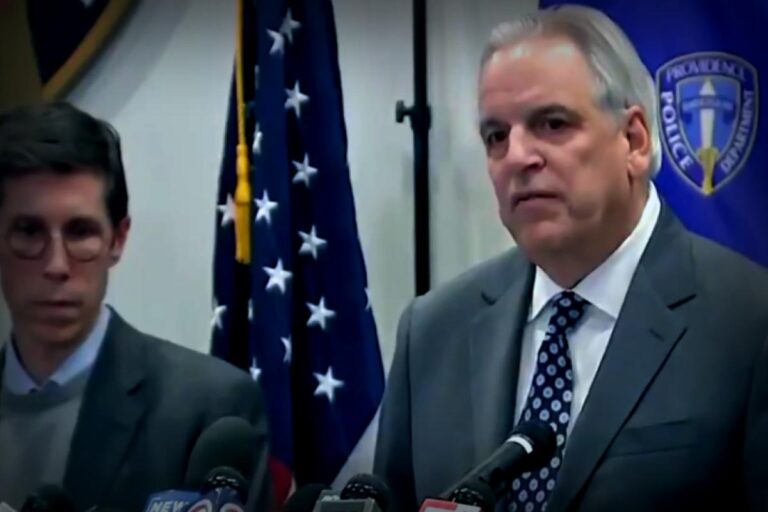Harry Irvine Burdick Jr., a man in his 60s from North Carolina, found himself behind bars on August 22 after investigators realized that he was married to three different women at the same time. This was happening across three counties—Lincoln, Davidson, and Guilford—and he had no papers showing any divorces.
The Investigation Unfolds
This baffling situation came to light after a five-month investigation kicked off in April by the Davidson County Sheriff’s Office. During the probe, officials uncovered three separate marriage licenses that featured Burdick’s name.

Shockingly, investigators didn’t find any sign of divorce filings prior to these marriages, hinting that Burdick had intentionally deceived the women involved.
Motivation and Potential Scope of the Scheme
The authorities suspect that financial and personal benefits drove Burdick’s actions. They also believe that the three women currently identified might not be the only ones affected by his actions and are urging others who might have been duped to come forward and help with the case.
Charges Facing Burdick
Burdick is now facing two felony charges of bigamy, which is considered a Class I felony in North Carolina. Following his arrest, he was released the same day after promising to appear in court set for September 22.
In North Carolina, bigamy is defined as the act of knowingly marrying someone while already being legally hitched to another person, and it’s a crime that could lead to jail time.
Seeking Additional Victims
Now, the authorities are wide open to the public, inviting anyone who has ever tied the knot with Burdick and hasn’t been legally divorced, or knows someone who has, to reach out to Detective Foushee from the Davidson County Sheriff’s Office. Their goal is to uncover all possible marriages tied to Burdick and ensure that every victim has access to justice.
Why It Matters
This incident underscores that while polygamy isn’t common in the U.S., cases of bigamy often spring from deceit aimed at financial control or emotional manipulation. It highlights the necessity for accurate public records and effective cross-county oversight, helping to thwart ongoing victimization. Most importantly, it shows how the trust involved in marriage can be severely compromised when misused.




















